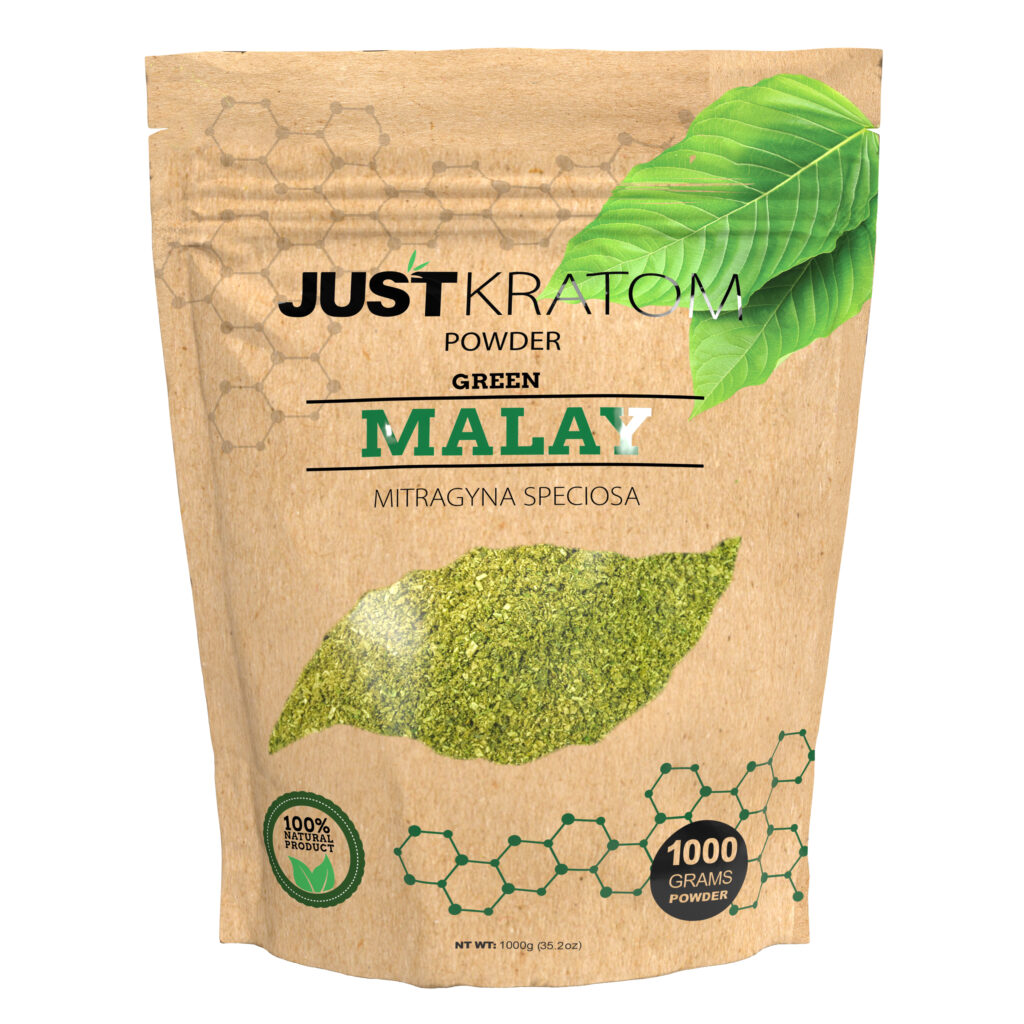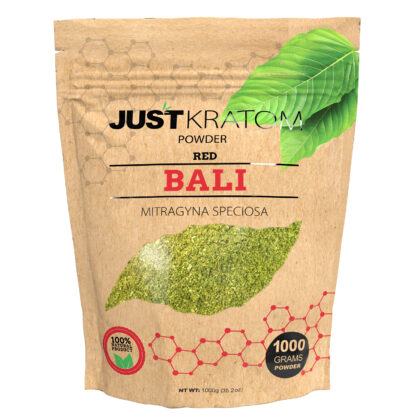How Kratom Powder Can Support Your Wellness Goals
Potential Physical Benefits
Exploring the potential physical benefits of kratom powder can illuminate its role in supporting overall wellness.
Pain Management
Kratom, a tropical tree native to Southeast Asia, has gained popularity for its potential to alleviate various physical discomforts. Compounds within kratom, known as mitragynine and 7-hydroxymitragynine, interact with opioid receptors in the brain, offering pain-relieving effects similar to opioids but without the same risk of addiction.
Individuals experiencing chronic pain conditions like arthritis, fibromyalgia, and back pain may find relief through kratom. It’s believed to modulate pain signals, reducing both acute and persistent discomfort. Furthermore, kratom demonstrates potential benefits for managing muscle soreness and fatigue, making it a possible aid for athletes or those with physically demanding jobs.
Energy and Endurance Enhancement
Beyond pain management, kratom shows promise in enhancing energy levels and endurance. Its stimulating effects can combat fatigue and boost mental clarity, potentially aiding in physical activities.
Some individuals report experiencing increased strength and stamina after consuming kratom, allowing them to push through workouts or engage in physically demanding tasks with greater ease.
Mood Elevation
Beyond physical relief, kratom may contribute to mood elevation. The interaction of mitragynine and 7-hydroxymitragynine with opioid receptors can trigger the release of dopamine, a neurotransmitter associated with pleasure and reward. This can lead to feelings of euphoria and overall well-being.
Kratom is also thought to have anxiolytic properties, potentially reducing anxiety and promoting relaxation. For individuals struggling with stress or mood disorders, kratom may offer a natural way to improve their emotional state.
Potential Mental Health Benefits
While known for its potential physical benefits, kratom’s impact on mental well-being is equally noteworthy.
Anxiety Relief
Kratom’s interaction with opioid receptors in the brain can have positive effects on mood and anxiety. The release of dopamine, a neurotransmitter associated with pleasure and reward, may contribute to feelings of euphoria and overall well-being. This can be particularly beneficial for individuals experiencing stress, low mood, or mild to moderate anxiety.
Some users report that kratom helps them relax and manage feelings of worry or tension. While not a replacement for professional treatment, kratom may offer a natural complement to traditional therapies for those seeking anxiety relief.
Depression Management
Kratom’s potential benefits extend beyond physical discomfort; it may also play a role in supporting mental well-being. By interacting with opioid receptors in the brain, kratom can influence mood and anxiety levels.
The release of dopamine, a neurotransmitter associated with pleasure and reward, is thought to contribute to feelings of euphoria and overall well-being experienced by some users. This can be particularly beneficial for individuals dealing with stress, low mood, or mild to moderate anxiety.
Furthermore, kratom is believed to possess anxiolytic properties, meaning it may help reduce anxiety and promote relaxation. While not a substitute for professional mental health treatment, kratom could potentially serve as a complementary tool for managing anxiety symptoms.
Stress Reduction
Kratom’s impact on mental well-being is significant.
By interacting with opioid receptors in the brain, kratom can influence mood and anxiety levels. The release of dopamine, a neurotransmitter associated with pleasure and reward, contributes to feelings of euphoria and overall well-being experienced by some users. This can be particularly beneficial for individuals dealing with stress, low mood, or mild to moderate anxiety.
Additionally, kratom is believed to possess anxiolytic properties, meaning it may help reduce anxiety and promote relaxation. Kratom could potentially serve as a complementary tool for managing anxiety symptoms, although it should not be considered a replacement for professional mental health treatment.
Important Considerations
Exploring the potential benefits of kratom powder can illuminate its role in supporting overall wellness. Kratom, a tropical tree native to Southeast Asia, has gained popularity for its potential to alleviate various physical discomforts.
Dosage and Administration
Important considerations regarding kratom dosage and administration are crucial for maximizing potential benefits and minimizing risks.
- Dosage: Kratom’s effects are dose-dependent, meaning the amount consumed influences the experienced outcome. Lower doses (1-3 grams) are often associated with stimulant effects, promoting energy and focus, while higher doses (5-10 grams) may induce more sedative or pain-relieving effects.
- Administration: Kratom can be consumed in various forms, including powder, capsules, tea, or extract. Each method has its own absorption rate and onset of effects. Powdered kratom is often mixed with beverages or food for easier consumption, while capsules offer a more precise dosage.
- Tolerance and Dependence: Regular kratom use can lead to tolerance, requiring higher doses to achieve the same effects. Prolonged and excessive use may also result in dependence and withdrawal symptoms upon cessation.
Potential Side Effects

Potential side effects of kratom should be carefully considered.
Some common side effects include nausea, dizziness, constipation, and itching. In higher doses, kratom can cause drowsiness, impaired coordination, and respiratory depression.
It’s important to start with a low dose and gradually increase it as needed, monitoring for any adverse reactions. Kratom can interact with certain medications, so it’s essential to consult with a healthcare professional before use, especially if you have pre-existing medical conditions or are taking other substances.
Legality and Regulations
It is crucial to understand the legal and regulatory landscape surrounding kratom before considering its use. Laws governing kratom vary significantly across different jurisdictions.

In some countries, kratom is completely banned, while in others it is legal but regulated. It’s essential to research the specific laws in your location to ensure compliance.
Furthermore, even in places where kratom is legal, there may be restrictions on its sale, possession, or use.
Regulations often address issues such as labeling requirements, product quality control, and age restrictions. Staying informed about these regulations is essential for responsible kratom consumption.
Interactions with Medications
Important considerations regarding kratom dosage and administration are crucial for maximizing potential benefits and minimizing risks.
- Dosage: Kratom’s effects are dose-dependent, meaning the amount consumed influences the experienced outcome. Lower doses (1-3 grams) are often associated with stimulant effects, promoting energy and focus, while higher doses (5-10 grams) may induce more sedative or pain-relieving effects.
- Administration: Kratom can be consumed in various forms, including powder, capsules, tea, or extract. Each method has its own absorption rate and onset of effects. Powdered kratom is often mixed with beverages or food for easier consumption, while capsules offer a more precise dosage.
- Tolerance and Dependence: Regular kratom use can lead to tolerance, requiring higher doses to achieve the same effects. Prolonged and excessive use may also result in dependence and withdrawal symptoms upon cessation.
Potential side effects of kratom should be carefully considered.
Some common side effects include nausea, dizziness, constipation, and itching. In higher doses, kratom can cause drowsiness, impaired coordination, and respiratory depression.
It’s important to start with a low dose and gradually increase it as needed, monitoring for any adverse reactions. Kratom can interact with certain medications, so it’s essential to consult with a healthcare professional before use, especially if you have pre-existing medical conditions or are taking other substances.
It is crucial to understand the legal and regulatory landscape surrounding kratom before considering its use. Laws governing kratom vary significantly across different jurisdictions.
In some countries, kratom is completely banned, while in others it is legal but regulated. It’s essential to research the specific laws in your location to ensure compliance.
Furthermore, even in places where kratom is legal, there may be restrictions on its sale, possession, or use.
Regulations often address issues such as labeling requirements, product quality control, and age restrictions. Staying informed about these regulations is essential for responsible kratom consumption.
Order Kratom Powder for long-lasting results
- Why Ghosting Is A Harmful Dating Trend - November 3, 2025
- What Is The Drink With THC In It? - November 2, 2025
- What Are The Best CBD Infused Gummies For Relaxation - October 31, 2025

